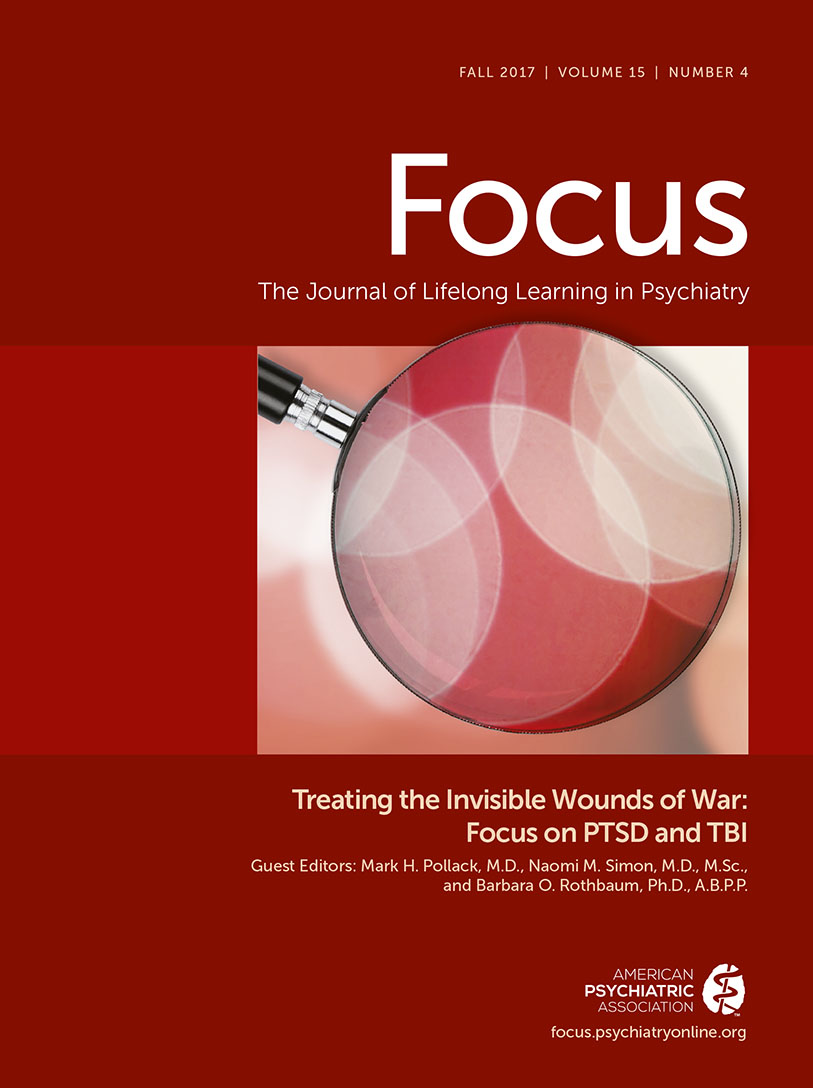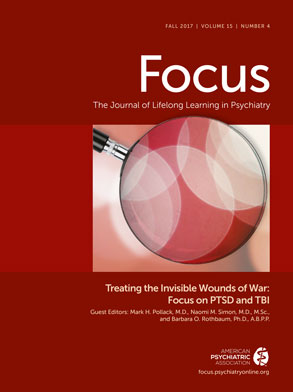Liaison psychiatry emerged in the 1930s to integrate psychiatry with other branches of medicine (
1); however, the liaison aspects of consultation-liaison psychiatry faded away because of financial constraints (
2). Timely identification of psychiatric disorders of people who have a general medical illness is essential to providing care to hospitalized patients. Untreated psychiatric symptoms, such as malignant denial of illness (
3,
4) and depression (
5,
6), may never resolve spontaneously, leading to a pattern of rehospitalization with no improvement in the patient’s outcome. Thus, inadequate attention to the patient-physician relationship and patients’ psychosocial needs jeopardizes the welfare of patients and promotes dissatisfaction and burnout of staff. In short, as the liaison model has eroded, the need for it has only increased. Interdisciplinary approaches to patient care are often idealized. Most of the research on collaborative care has been done in outpatient settings (
7). A meta-analysis of interdisciplinary team interventions on medical wards found that 70% did not reduce length of stay (LOS) (
8); however, the consultation-liaison program at Yale demonstrated a reduction in LOS (
9).
A philanthropic donation in [year] allowed a high-volume, high-acuity urban teaching hospital to hire an inpatient comanagement care psychiatrist. The expectation was that facilitating psychiatric evaluation and treatment of medical patients, using a traditional consultation-liaison model, would result in better patient care and greater satisfaction with psychiatry services on the part of medical consultees. When patients stay beyond the expected LOS, each extra day is “lost” to the hospital; in other words, there is no payment for these extra days. Were that bed now filled with a new patient, the hospital would receive payment. The addition of an inpatient comanaging psychiatrist in the Division of Hospital Medicine was intended to decrease lost days.
After the comanaged care team was established, it became apparent that the proactive involvement of the psychiatrist contributed to a reduction in LOS for patients who required psychiatric consultation, resulting in financial benefit to the hospital. The hospital made an investment by expanding the program (adding a second psychiatrist and a social worker) with the expectation of additional financial benefit.
There was a decrease in LOS for patients seen in the comanaged care model (compared to those seen via the traditional consultation-liaison referral model). Comanaged patients were seen earlier in the hospital stay. Limiting the analysis to patients with LOS of ≤10 days (N=324) and adjusting for case-mix index and diagnosis-related anticipated LOS, we found a mean reduction in LOS of 1.19 days. (t=2.97, df=??, p<.003; 95% confidence interval of 0.40–1.98) (
10). The percentage of patients staying longer than five days was reduced from 59% to 34%. Based on the analysis conducted by hospital administration on the program, there was an estimated annualized saving of 2,889 hospital patient-days. With a conservative figure of $600/day for each “lost” day, the program prevented the hospital from losing $1,733,400.
A program such as the one we created might not succeed in every institution. Comanaged care provides a route to enhancing the ability of psychiatrists to manage patients and to simultaneously provide teaching to nonpsychiatric colleagues. Restoring liaison activities has great value for consultation-liaison psychiatrists and for the institutions in which we work. For those of us who miss the liaison aspects of what we do, this model could restore such activities.

